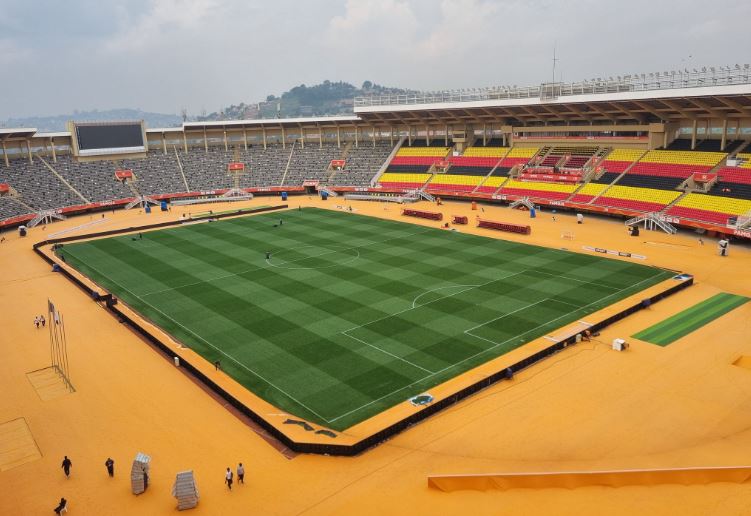Auditor General flags Judiciary for underutilising Sh520.4 million

Among the major projects planned for the reporting period were the construction of a new Supreme Court building, a new Court of Appeal Complex, and 15 magistrates’ court buildings.
The Judiciary failed to utilise Sh520.4 million of its development funds in the financial year that ended in June 2024, with an audit linking the shortfall to internal delays and failure by contractors to resume stalled works.
In a report tabled by Auditor-General Nancy Gathungu, the Judiciary is criticised for underutilising 33 per cent of its Sh1.45 billion development budget due to delayed procurement processes, slow certification of works, and rising costs that kept contractors from continuing projects.
More To Read
- Four judges removed, 210 staff sacked for misconduct since promulgation of 2010 Constitution - CJ Koome
- CJ Martha Koome hails 2010 Constitution as transformative, cites gains and challenges 15 years on
- JSC reveals 946 petitions against judges processed, 210 judicial staff dismissed
- IG Kanja appeals for more resources to strengthen National Police Service
- CJ Martha Koome pushes back against criticism over parliamentary interference
- Frequent court injunctions threaten to stall Parliament’s work, Wetang’ula warns
“The statement of comparison of budget and actual amounts for development funds reflects the final budget of Sh1.45 billion and an actual expenditure of Sh929.56 million, resulting in under-utilisation by Sh520.4 million, or 33 per cent of the budget,” wrote Gathungu.
The Auditor-General further noted that the Judiciary failed to show any plan or action taken to address the challenges that led to the under-expenditure.
“In the circumstances, the effectiveness of the Judiciary’s programme aimed at providing critical infrastructure for social transformation through enhanced access to justice may be delayed,” the report stated.
This development comes despite the Judiciary having publicly lamented that it receives less than half of the funds it requires annually from the National Treasury, warning that the shortfall would hinder justice delivery.
It had previously been stated that the financial gap had already disrupted several areas, including the construction of court buildings, the facilitation of court benches and service weeks, the rollout of small claims courts, and support for the pro bono scheme.
“This shortfall has grossly affected the implementation of critical programmes such as the operationalisation of new courts. Out of 22 court stations gazetted in the last medium-term expenditure frameworks, only six have been operationalised,” the Judiciary said.
Among the major projects planned for the reporting period were the construction of a new Supreme Court building, a new Court of Appeal Complex, and 15 magistrates’ court buildings.
The Judiciary had also targeted the establishment of 20 small claims courts and four sub-registries for tribunals to boost access to justice across the country.
In addition, Parliament had approved a separate allocation of Sh1.2 billion in June 2023 for the Judiciary to purchase a building in Nairobi’s Upper Hill area to address the growing demand for office space and judges’ chambers, following a rise in the number of judges.
Top Stories Today












































